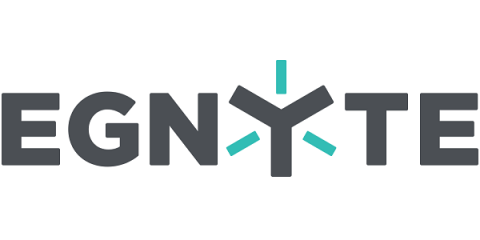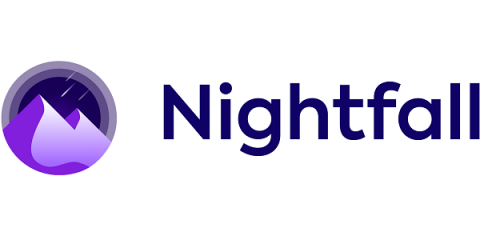Nightfall Data Loss Prevention makes HIPAA Compliance Possible
Covered entities bound by law to follow HIPAA regulations – like healthcare providers, health plans, and others handling protected health information (PHI) – need to demonstrate efforts to secure PHI. The specific measures required to do so are detailed in the HIPAA security rule which states that covered entities must put controls into place to identify and protect against anticipated threats to the security and integrity of PHI.








